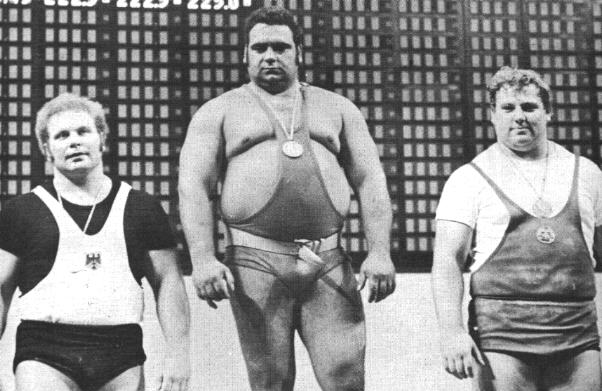I’m back in La-La Land, both in the Los Angeles sense of the term, and in the sense of living with the craziness of Alzheimer’s disease.
My parents live in Pacific Palisades, a coastal suburb of LA name-checked by the Beach Boys in “Surfin USA” (though more for the scansion than the waves). They moved here before I was born and they still live in the same house. In 1967, the town was welcoming to the modest means of a new assistant professor. Now, in the language of the moment, the average resident of the Palisades is closer to being “the 1%” than part of “the 99%”. With my every visit, the town I knew is further buried under hyper-architectonic mansions crammed onto the lots formerly occupied by bungalows. Upscale boutiques occupy storefronts that used to sell useful stuff.
The population of the town has changed too, both with generational turnover and with the influx of new money. I’ll admit it makes for good people-watching. Some sightings from the last week:
--three very, very white teenagers filming themselves doing a rap video with some very, very expensive camera equipment
--a guy bringing his ‘cello and music stand down to the beach to play, perhaps for the amusement of the fishes
--a rather ample man and woman doing a wedding photo shoot down at the beach, right next to a woman taking photos of her daughter all bundled up for Christmas cards. After they left, a crew came in and filmed a TV commercial.
--a terribly elegant woman jogging with her two terribly elegant afghan hounds; everything was progressing elegantly until the dogs spotted a squirrel…
--a guy who walks his pug every morning, moving very slowly and never once looking up from his texting
--tides of students to and from the high school across the street (Alma mater!), illustrating the toxic combination of teenage peer pressure, teenage lack of judgment, and too much parental money
--a vegan activist who adopts two turkeys before every Thanksgiving, and gives them the run of her front yard until after Christmas, when they go to an animal rescue farm.
Also, since this is Los Angeles and who you are is what you drive, the car-watching is also great. It’s difficult to drive in West LA without encountering automotive ostentation. Two weeks ago, while I was walking to the grocery store, I was almost hit by a car that (seriously!) cost more than my house. The driver certainly had money, but was apparently void of driving skill. At the store, there was a perfectly-restored 1950's Messerschmitt "bubble car" in the lot:
The Palisades offers an endless variety of such cars, expressing a wide range of character traits: no brains and lots of money, an abundance of ego and money, masculine insecurity and money, a love of antiques and money, eccentricity and money, too much testosterone and money, and so on. [update 1 Dec; a desire for eco-chic and money--while on a walk last night, I saw a Chevy Volt, and this is where I saw my first Tesla.]
This town, Pacific Palisades is—in one sense of the word—home. I grew up with a positively un-American level of stability: we never moved, and my parents have avoided divorce for more than 50 years. This house with its termite-riddled roof and Edenic garden--the walk down the canyon to Will Rogers State Beach--the walk up the canyon into the Santa Monica Mountains: these have all been a rock to me and my family. I was walking on the beach during an hour off of my parent-sitting duties, when I was struck by the sobering thought that in a year’s time, if everything goes as I hope it will, this rock will be gone.
The day-to-day task of providing care for my father (and mother) has really made their health the focus of my thinking about them. From this narrow point of view, I really want them to move out of their house. I feel that my father needs more specialized care than can be provided at home, and that my mother would do well to be closer to me or one of my brothers. So, I’ve been hoping that I can persuade them to move to Roseburg. In focusing so hard on this issue, I’d practically ignored—until that walk on the beach—that this would mean erasing “home.”
Well, as has been noted, you can’t go home again, and has also been noted, attachment to the material world only leads to grief. I’m pretty sure the Santa Monica Mountains will outlast Los Angeles, and despite its charms, Will Rogers State Beach can’t hold a candle to the Oregon shore. I dislike Los Angeles proper. This house is not really good for an older couple—it’s got a severe termite problem, the balcony overlooking the canyon is listing, and it’s nearly impossible to keep warm. The only real tie I have to this place is a work of art that is literally rooted to the spot—my mother’s garden, which (as has also been noted) is better than yours. While it’s not as bad as the historic eviction from Eden, saying goodbye to this garden is the only thing that would sadden me about saying goodbye to this “home.” Without it, I find myself wondering if I’ll ever bother to visit Los Angeles.



